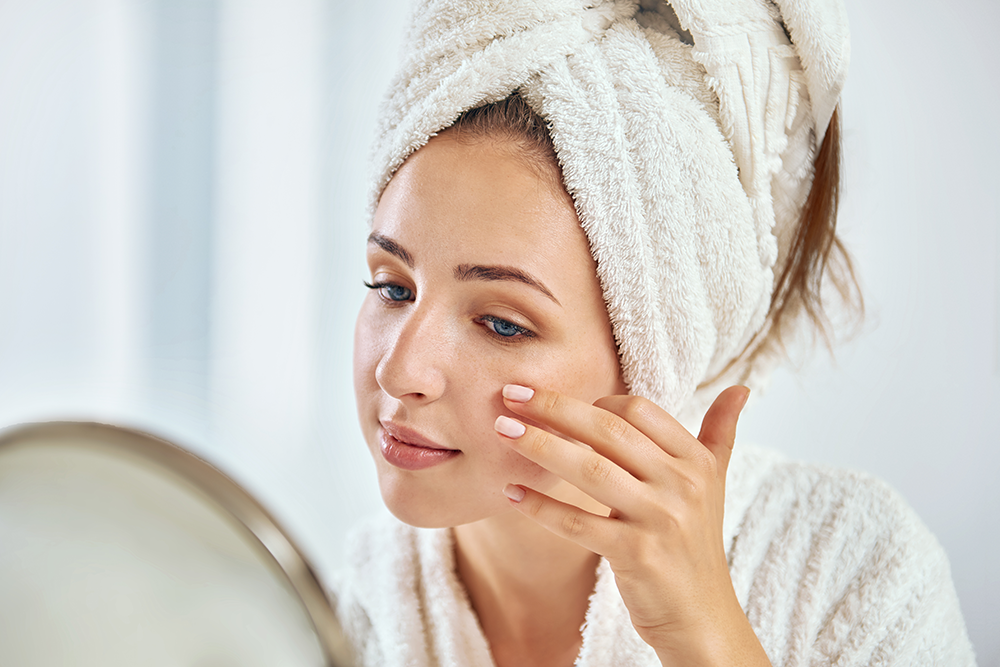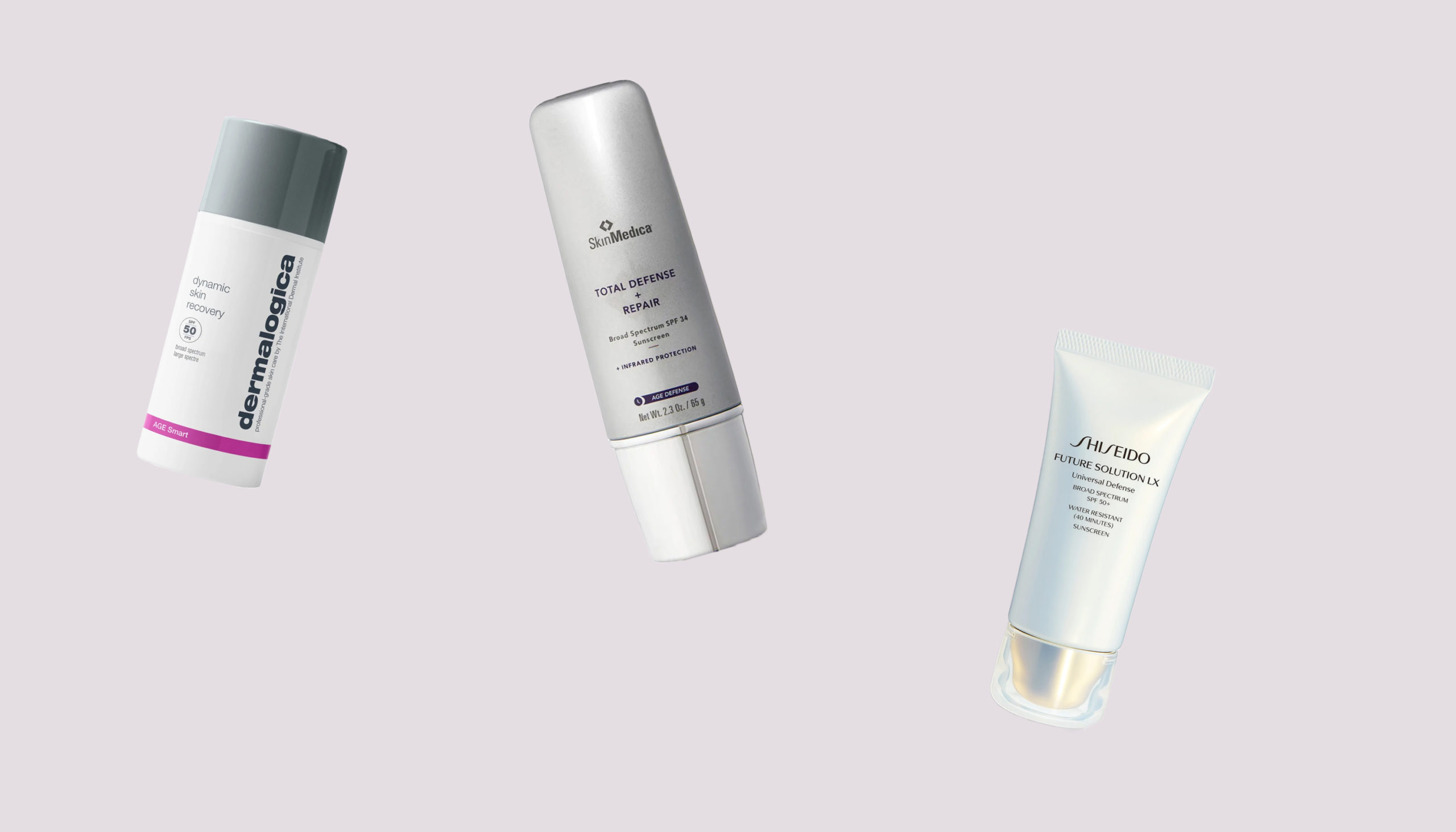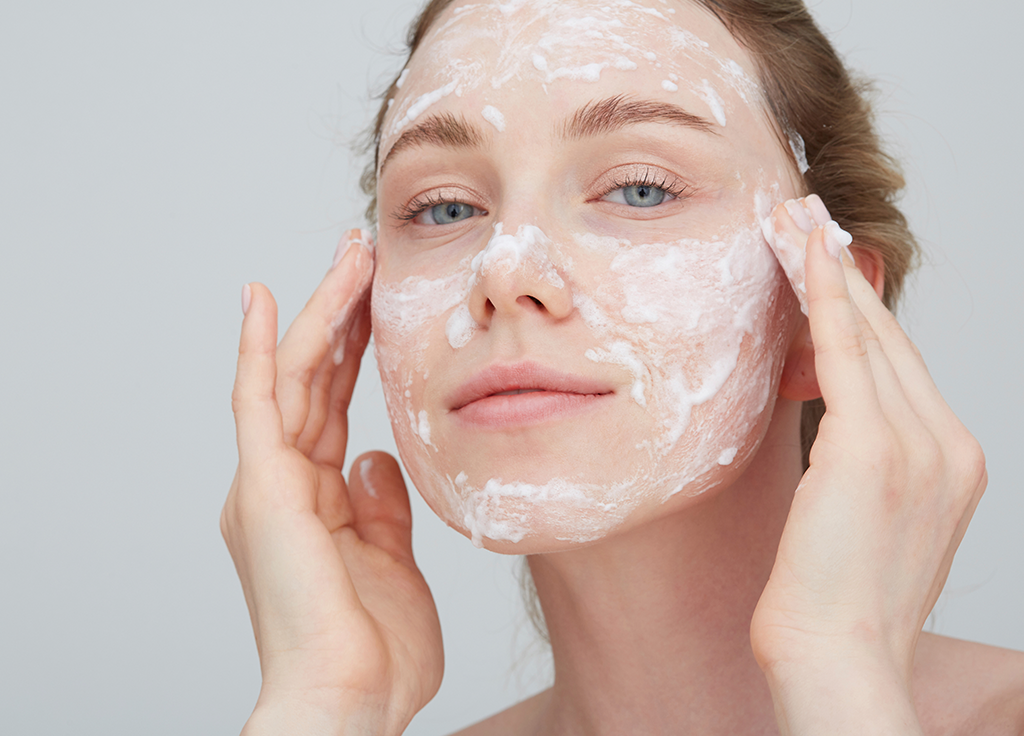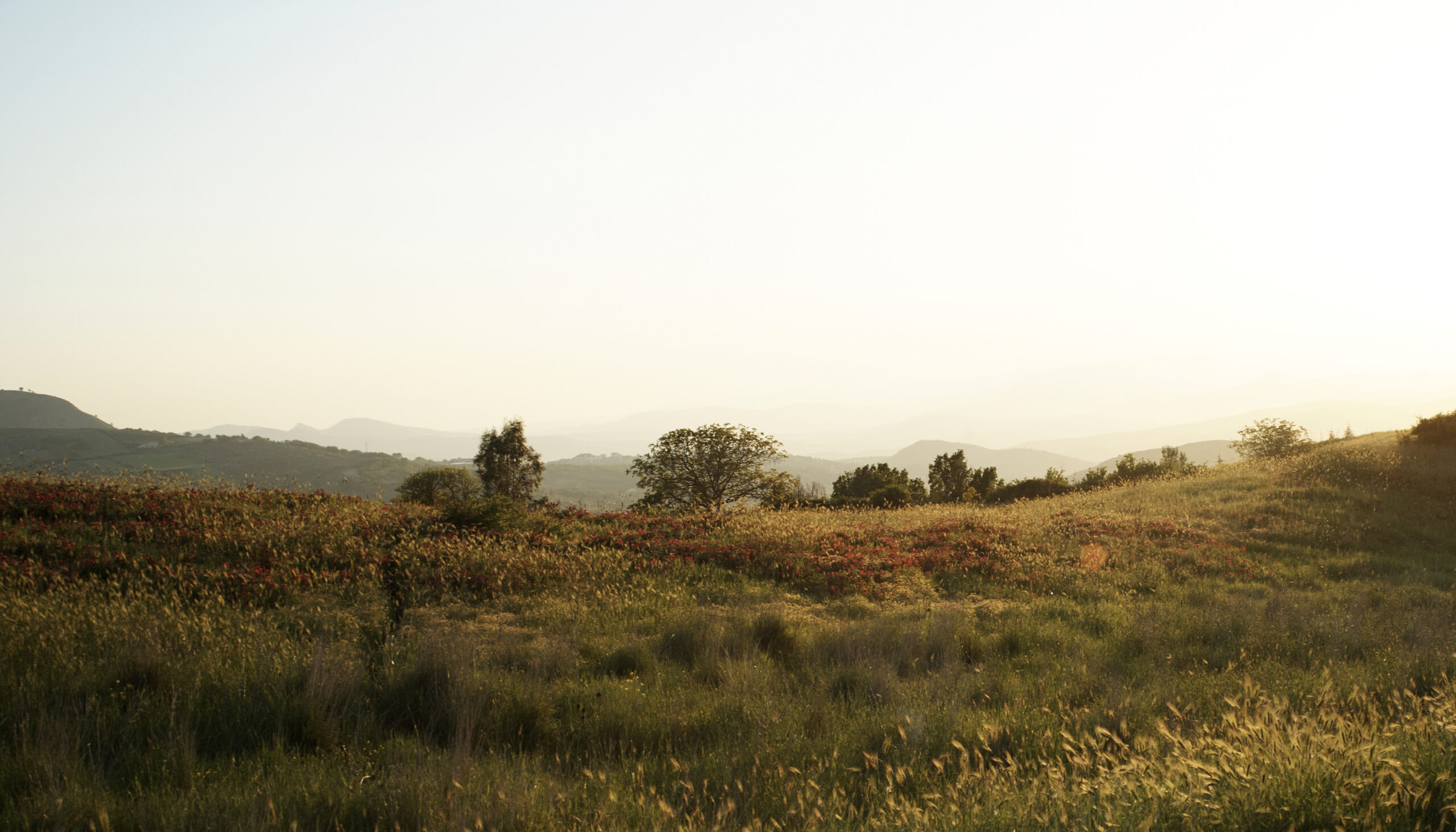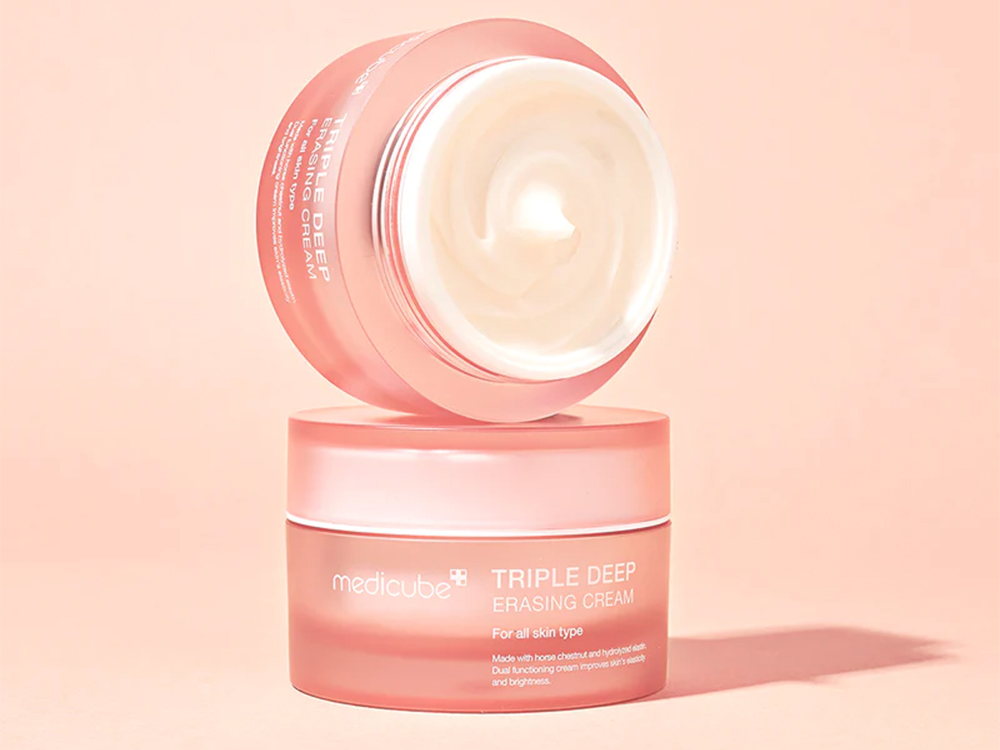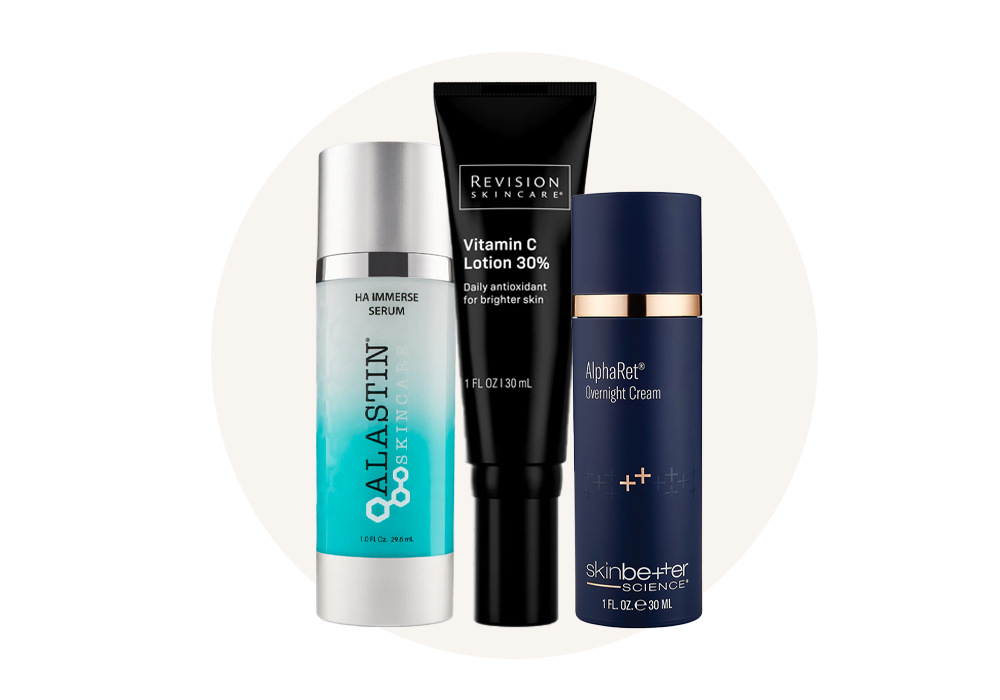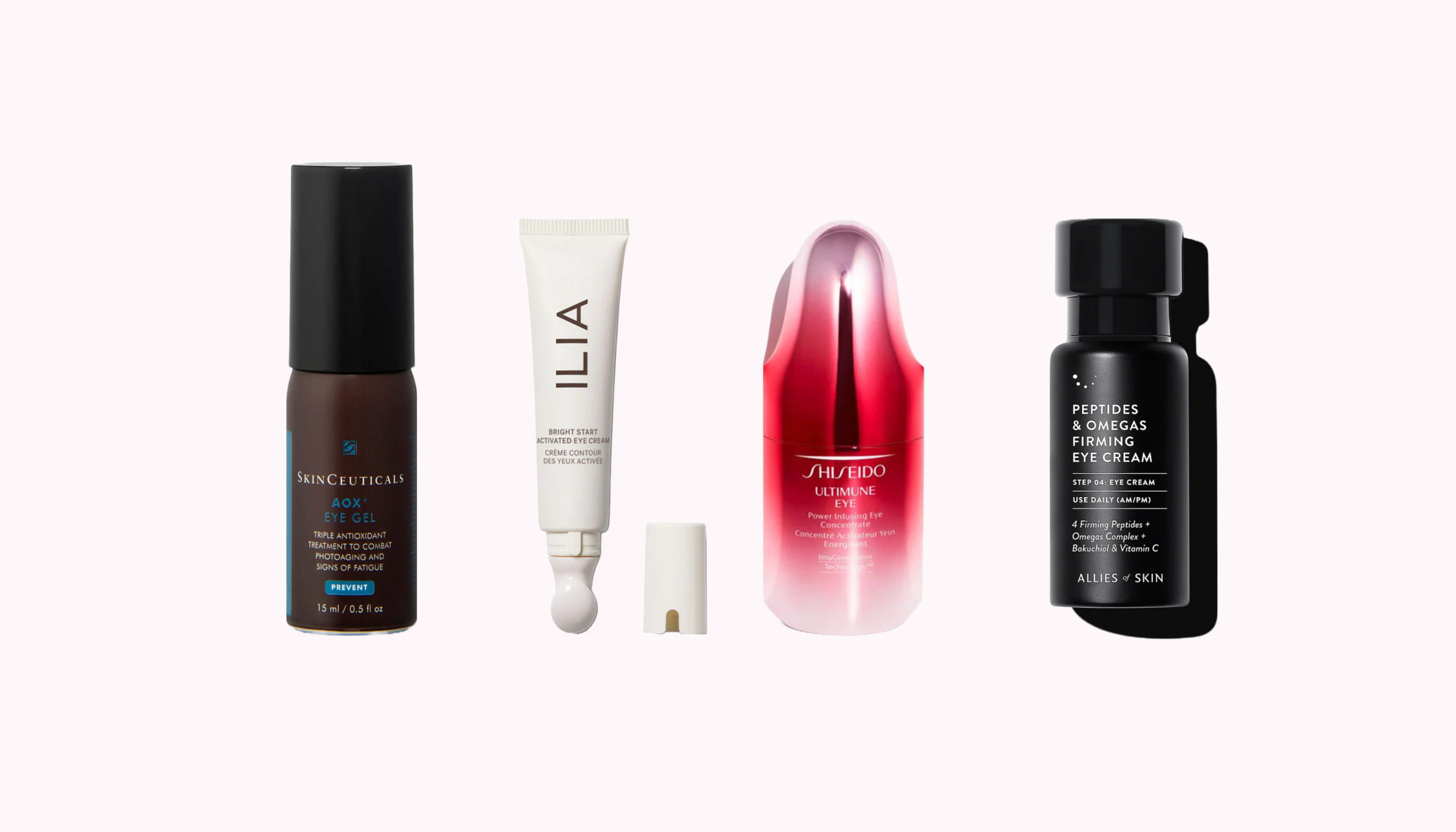Predicting how well you’ll age isn’t exactly easy, and while looking at your parents can be helpful in foreseeing your genetic predisposition, it’s certainly not a foolproof system.
Luckily, a recent study suggests that anyone can predict how well they’ll age by simply looking in a mirror. In Olay’s Multi-Decade and Ethnicity Study (MDE), scientists found that those with darker skin tones age at a much slower rate than those with lighter skin tones.
You May Also Like: Is This ‘Alphabet’ Skin Care Trick The Answer to How Well You Will Age?
“The natural pigmentation level of our skin is a main predictor of how well it is protected against UV damage,” explains Dr. Alexa B. Kimball, professor of dermatology at Harvard Medical School. “The melanin pigment granules work to absorb and neutralize UV radiation that’s reaching the skin and would otherwise be responsible for damage that leads to photoaging, which is the biggest factor and accelerator of skin aging.”
Translation: Darker skin signifies a higher level of natural protection against the sun, which we all know is a huge cause of premature skin aging.
However, just because African Americans and Hispanics with darker complexions are predisposed to aging better than most, it’s still vital to partake in a good anti-aging skin care routine. So, stock up on wrinkle-reducing lotions like the Olay Regenerist Micro-Sculpting Cream Face Moisturizer ($34) to help improve the skin’s elasticity and prevent wrinkles from forming in the future—no matter what skin tone you’ve been born with.
